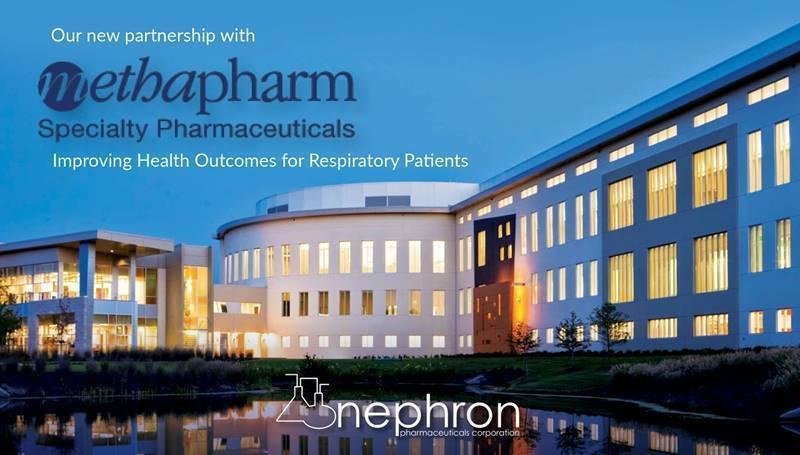How to bring drug making back home
Made in America Act to improve access to medicine, provide jobs
By Lou Kennedy
and Sam Konduros
Special to the Chronicle
A SC senator has drafted a law to bring pharmaceutical making back to the US.
Sen. Tim …
This item is available in full to subscribers.
Subscribe to continue reading. Already a subscriber? Sign in
Get 50% of all subscriptions for a limited time. Subscribe today.
Please log in to continueNeed an account?
|
How to bring drug making back home
Made in America Act to improve access to medicine, provide jobs
By Lou Kennedy
and Sam Konduros
Special to the Chronicle
A SC senator has drafted a law to bring pharmaceutical making back to the US.
Sen. Tim Scott's Manufacturing API, Drugs, and Excipients (MADE) in America Act will encourage pharmaceutical and PPE manufacturing in Opportunity Zones.
It would provide tax credits to encourage production of vital products and ingredients in America.
With 135 eligible Opportunity Zones in South Carolina, thousands of acres could be leveraged for this powerful growth opportunity.
For example, Nephron Pharmaceuticals Corp., one of America’s fastest-growing drug companies, is in a Lexington County Opportunity Zone.
The company moved to South Carolina from Florida 5 years ago and invested hundreds of millions of dollars while creating almost 2,000 full- and part-time jobs here.
Many of the drugs Nephron produces treat severe covid-19 respiratory distress symptoms.
The company also produces its own FDA-approved hand sanitizer and runs a CLIA-certified lab through which thousands of people have been tested for the virus.
In a new expansion, Nephron will focus on manufacturing vaccines and hard-to-source antibiotics.
Scott’s legislation would bolster the domestic pharmaceutical supply chain, create new high-paying jobs and help our life sciences industry ensure that South Carolina patients can gain the care they need.
It would improve FDA reporting of facility inspections, tighten relationships with overseas regulators and streamline the FDA standardization processes to help mitigate drug shortages.
US patients have faced drug shortages for years.
This was illustrated in the current pandemic by shortages of PPE (personal protective equipment), testing ingredients and drugs required for covid-19 treatment.
Although America remains the world’s top innovator in life sciences, it dramatically lags behind China and India in the manufacture of antibiotics, active pharmaceutical ingredients formulated into tablets, capsules and medicines (API), vitamin C, many medical devices and PPE.
While South Carolina reaps extraordinary benefits from foreign investment, returning the manufacturing and sourcing of drug making to our state is a powerful economic driver.
It’s also a path to national and global stability.
Opportunity Zones are already changing the face of America.
The zones lift underserved areas and make a positive impact at home.
1,400 new jobs and a $314-million high-tech agri-business investment will go to an opportunity zone in Hampton County, one of SC’s most poverty-stricken rural locations.
650 companies employ more than 43,000 of us in 43 of SC's 46 counties.
The booming life sciences industry’s $12 billion annual economic impact can help lead our state’s economic recovery.
More than 70 firms stepped up to develop vital solutions to covid-19 – from managing vaccine trials to producing respiratory therapies, test kits, hand sanitizer and PPE.
Lou Kennedy is CEO of Nephron Pharmaceuticals and chair of the SCBIO Board of Directors. Sam Konduros is the president and CEO of SCBIO, the South Carolina biotechnology industry organization.
Keywords
Made in America Act, Tim Scott, Lou Kennedy, drug, manufacturing, NephronOther items that may interest you







Comments
No comments on this item Please log in to comment by clicking here